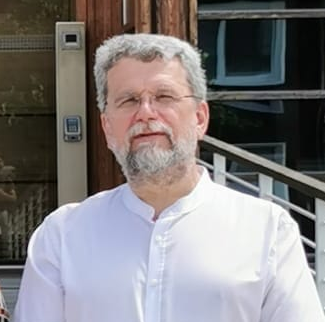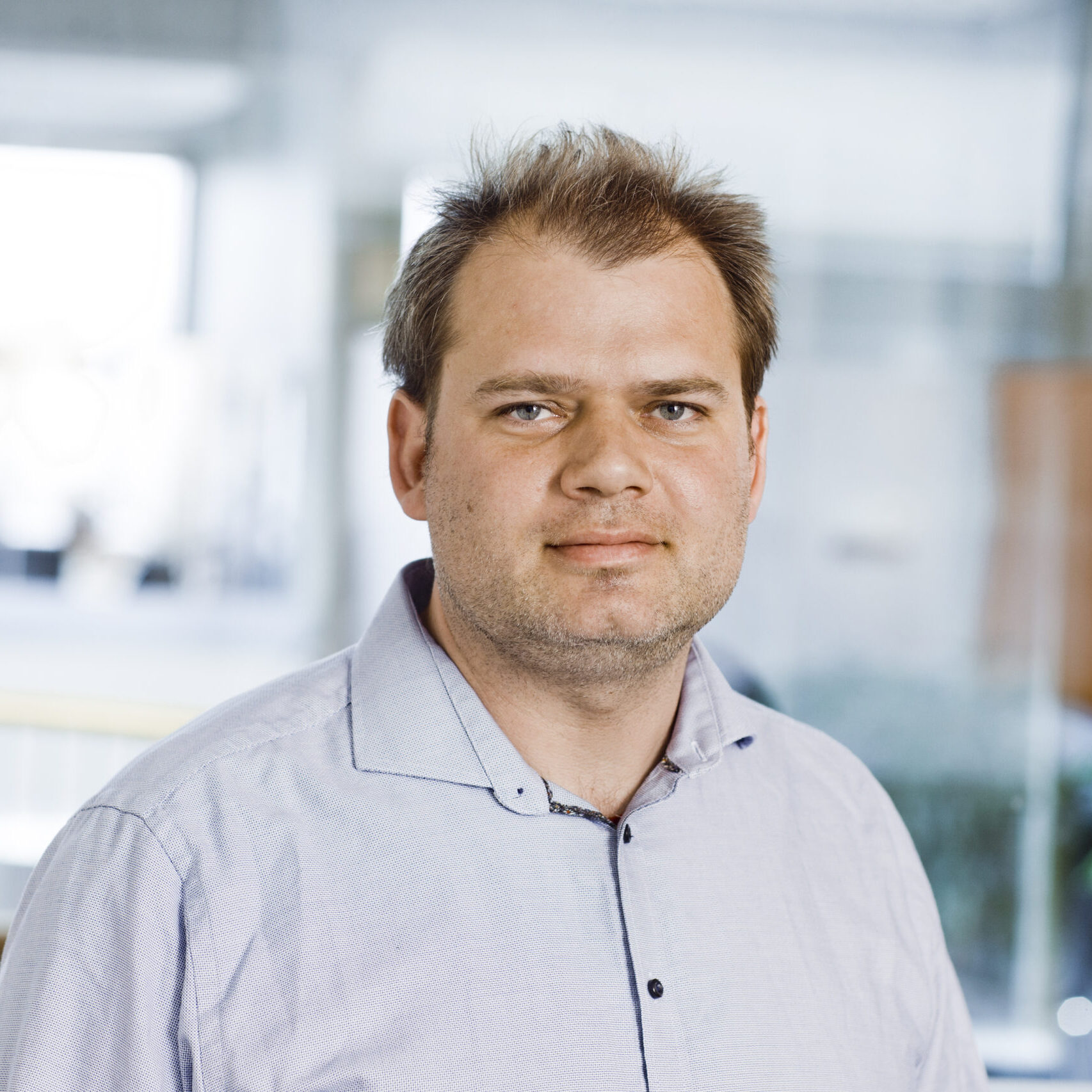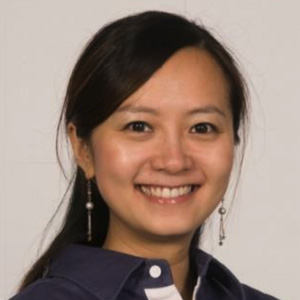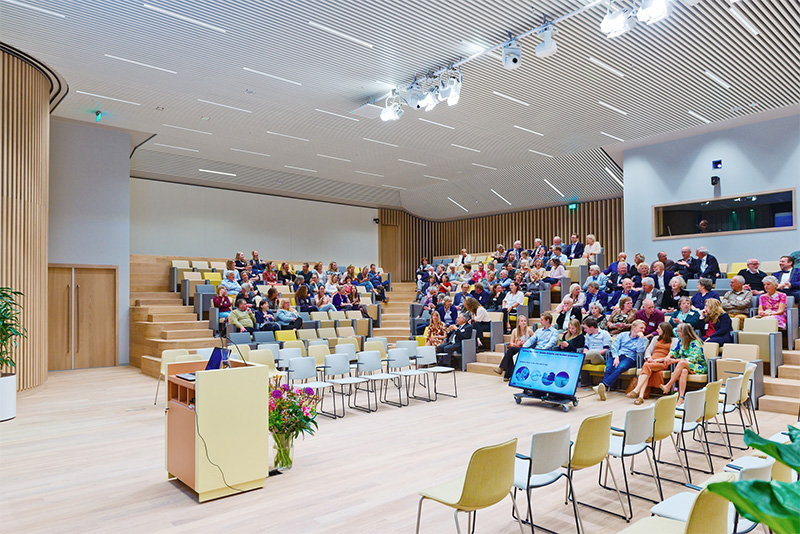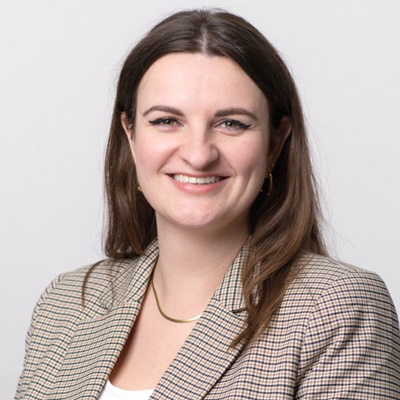
Speakers
Keynote Speakers
Plenary Speakers
“Direct Injection Mass Spectrometry for In-Vivo Flavour Compound Monitoring from Microorganisms and Humans”
Franco Biasioli, physicist by training, earned his qualification as full professor in Analytical Chemistry in 2013. He currently leads the Sensory Quality Unit at the Research and Innovation Center of the Edmund Mach Foundation, where he has developed a high-throughput/high sensitivity platform for monitoring volatile compounds. His research primarily focuses on the applications of direct injection mass spectrometry in food science and technology: rapid product characterization, phenotyping, online process monitoring, correlation of food volatile compound profiles with sensory and genomic analysis, as well as breath and nose-space analysis. Additionally, he possesses expertise in multivariate analysis and data mining methods applied to mass spectrometry and sensory data. He has contributed to various national and international projects and collaborated with major multinational companies.
Dr. Piornos-Martinez research area is in flavour chemistry with a focus on the identification and formation of aromas in foods. He completed his PhD in the University of Reading, working on the identification, quantification and formation of aroma volatile compounds in alcohol-free beer. He also has experience in sensory evaluation and data analysis, and in the determination and calculation of perception thresholds. He has developed mechanistic kinetic models for the formation of aroma compounds and aldehydes in malt formed through the Maillard reaction. Dr. the formation of aroma compounds, is currently a researcher at the Centre for Taste and Feeding Behaviour of INRAE in Dijon (France), where he leads research in the Flavour, Food Oral Processing and Perception (FFOPP) group.
https://www.researchgate.net/profile/Jose-Piornos-2
Associate Professor Graham Eyres teaches and researches food chemistry, flavour science and brewing/fermentation. The objective of his research is to understand the factors that influence the sensory perception of flavour in foods by investigating the interactions between food, food processing, flavour chemistry and sensory science using advanced analytical methods.
Graham’s flavour expertise is applied in a range of projects including (1) the impact of food processing on food quality, (2) impact of ingredients and fermentation on beer flavour and quality, (3) analysis of volatiles in exhaled breath as a non-invasive measure of metabolism and health status, and (4) analysis of volatiles in vaping e‑liquids and aerosols.
Graham is a professional member of the New Zealand Institute of Food Science and Technology (NZIFST) and active as the Otago-Southland branch secretary. Graham was on the conference organizing committee in 2022 and is the conference chair for the 2023 conference in Ōtepoti Dunedin. Graham is Associate Investigator in the Riddet Institute and member of Food Waste Innovation, a University of Otago research theme.
https://www.otago.ac.nz/food-science/our-people-in-food-science/associate-professor-graham-eyres
Prof. Dawid (*1982) focuses on the screening, identification and quantification of bioactive, sensory active and techno-functional natural compounds in food and plant raw materials as well as their human metabolism. She has a special focus on metabolites that are upregulated by abiotic and biotic stress factors in crops. After her studies of food chemistry at the University of Münster, Prof. Dawid started her doctoral studies with Prof. Dr. Thomas F. Hofmann in Münster. In 2007 she followed her doctoral supervisor to the Weihenstephan Science Centre of the TUM where she completed her doctorate and did a postdoctoral research. During a research stay at the Chulalongkorn University in Bangkok, she was instrumental in establishing the Institute for Molecular Sensor Technology. Back in Munich she began her habilitation with studies on stress resistance in plants. After the appointment of Hofmann as President of the TUM, Prof. Dawid took over the provisional leadership of the Chair of Food Chemistry and Molecular Sensor Technology. Since 2020 she is also a member of the ZIEL Institute for Food and Health and deputy director of the Bavarian Centre for Biomolecular Mass Spectrometry (BayBioMS).
Chiara Cordero received her Master Degree in Pharmaceutical Chemistry and Technology in 1998 with “summa cum laude” at the University of Torino. Thanks to her curriculum studiorum she was awarded with the Silver Medal (Medaglia d’argento dell’Università di Torino) as best graduate student in Pharmaceutical Chemistry and Technology for the Academic Year 1996/97. In December 1998 she passed the Italian Pharmacist Licensure Examination. After graduation Chiara had direct access to a post-doc grant (“Assegno di Collaborazione all’Attività di Ricerca code 14-055 – November 1998/October 2001) from Turin University for a research activity focused on the development of fast and automatic analytical methods to quantify pesticide residues in food. Since July 2021 Chiara Cordero is Full Professor of Food Chemistry (CHIM/10 – Food Chemistry) at the Dipartimento di Scienza e Tecnologia del Farmaco of the University of Torino. In 2008 Prof. Cordero was Research Fellow of the Deutsche Forschungsanstalt für Lebensmittelchemie – DFA (German Research Center for Food Chemistry) at the Lehrstuhl für Lebensmittelchemie der Technischen Universität München – Garching (Germany) under the supervision of Prof. Peter Schieberle; in 2019 Visiting Professor at Poznan University of Life Sciences, Poznan, Poland and in 2020 Visiting Professor at Stellenbosch University, Stellenbosch, South Africa.
“Introducing savory flavors in plant-based food through solid-state fermentation”
Sylvester Holt has a background in biochemistry and biotechnology, and the majority of his career has been dedicated to studying aroma generation by enzymes and yeasts. Sylvester uses PTR-MS and GC-MS techniques for aroma profiling in foods and beverages. His focus is to gain an understanding of the dynamic release of aroma compounds from food products through online PTR-MS measurements. Specifically, he aims to design new projects within the dynamic aroma release of plant-based foods, incorporating elements of colloid chemistry, biochemistry, biophysics, and biotechnology through collaboration with academic and industrial partners.
Paul Breslin is a geneticist and biologist. He is most notable for his work in taste perception and oral irritation, in humans as well as in Drosophila melanogaster, the common fruit fly. He is a member of the faculty at the Monell Chemical Senses Center and acts as director of the Science Apprenticeship Program.
He is interested in human oral perception and its genetic basis. The primary focus of his work is on taste perception with an emphasis on taste discrimination, taste enhancement and suppression, and taste localization. He also studies oral irritation/chemesthesis, mouthfeel, and astringency. The interactions among gustation, chemesthesis, and olfaction that comprise flavor are the topic of an ongoing research program that includes fMRI as a tool to understand regional brain involvement. In addition to human research, he conduct parallel genetic studies of the chemical senses in his Fly Lab, which uses Drosophila melanogaster as a model.
Dr Ni Yang (Nicole) is an Associate Professor in Flavour Science at the University of Nottingham and the laboratory Manager for Food and Feed Analysis Consultancy and Training Service (http://nottingham.ac.uk/facts). She is the Admission Tutor for Food Science related course (BSc/MSci Food Science, BSc/MSci Food Science and Nutrition). She is a member of the Equality, Diversity and Inclusion (EDI) Committee at the School of Biosciences.
Her research aims to shape a sustainable flavour system by embedding flavour science from soil and plant, processing and production, to consumption and health. Her current research includes flavour chemistry applied to the fields of Traditional Chinese Medicine (TCM) and trigeminal sensations (e.g., chilli), whilst developing novel multimodal training approaches for parosmia post-COVID-19 and anosmia in the elderly.
Dr Yang has over 10-years of experience in transferring and applying flavour science and technology to various industries and applications. She successfully completed over 35 commercial projects over the recent 6 years, which included working with 10 blue-chip global food companies and 15 Small and Medium-Sized Enterprises on a range of food products such as ice cream, biscuits, crisps and pet food.
With her passion and experience in managing knowledge transferable projects, she is also actively applying her knowledge and skills to a wide range of activities, such as exploring collaboration opportunities globally. She has strong links in China and is developing a collaborative platform internally and internationally. She published 25 joint papers in international-standard peer-reviewed intentional journals.
She is a member of the Royal Society of Chemistry (MRSC), the member of the Institute of Food Science and Technology (MIFST), and fellow of The Higher Education Academy (FHEA)
“Plant proteins and flavors: unhappy marriage?”
Igor Bodnár is Innovation Director in the Taste & Beyond Division of Firmenich, leading a team on decoding performance insights, working on flavour release from food and delivery systems, and incorporating these findings into digital systems. Igor received his PhD in physical and colloid chemistry from Utrecht University. After a post-doc in chemical engineering at the University of Delaware, US, he moved to the food industry in the science area of Product Microstructure at Unilever Research in Vlaardingen (the Netherlands). He continued his career at NIZO food research, as project manager, principal scientist and group leader Flavour & Texture Design. Since 2010 he is employed by Firmenich in Geneva (CH), continuing his work in the area of physical chemistry of food and flavour systems, including food structuring, texture and encapsulation. The main lines of his current work include connecting the interactions between flavours and the food matrix, and how flavour release is impacting the subsequent sensorial perception.
https://www.researchgate.net/scientific-contributions/Igor-Bodnar-2046468007
Got questions?
Don’t hesitate to contact us


